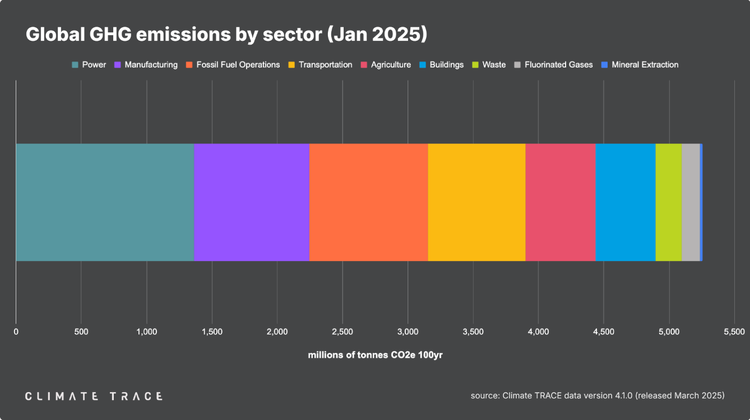EFRAG publishes draft transition planning guidance

The European Financial Reporting Advisory Group (EFRAG) has released draft guidance to help companies prepare climate transition plans aligned with EU regulatory requirements.
The guide aims to help firms having to comply with the Corporate Sustainability Reporting Directive (CSRD) by clarifying transition planning requirements under EU law and offering a roadmap for the preparation and implementation of these plans.
It follows similar guidance published by the likes of the UK’s Transition Plan Taskforce, and the Transition Planning Initiative, as well as CDP, SBTi, WBCSD and UNEP, as investors and regulators increasingly require companies to publish robust climate transition plans.
‘A roadmap for action’
Climate change policy advisor David Carlin called the publication of EFRAG’s guidance “a significant milestone for companies across Europe”. “This guidance isn’t just a framework – it’s a roadmap for action on the journey to Net Zero,” he added.
Carlin noted that the document contains clear practical steps for companies to create, report, and implement credible transition plans, and promotes “investor-grade transparency” in these plans.
“Investors are looking for transparency – and this guidance delivers. By clarifying EU expectations for transition plans, EFRAG is setting the stage for disclosures that meet rigorous, investor-grade standards. Expect greater scrutiny on targets, timelines, and accountability,” he said.
Implementation steps and FAQs
EFRAG’s draft guidance explains how to implement the requirements of the European Sustainability Reporting Standards (ESRS) – the methodology for CSRD reporting.
For instance, it dives into how companies should evidence their climate targets’ compatibility with the Paris Agreement goal of limiting global warming to 1.5ºC: “The level of compatibility is to be presented by disclosing GHG emissions reduction targets benchmarked to a reference pathway to 1.5ºC and by providing an explanation of how and to what extent the undertaking’s strategy, business model(s) and climate transition plans are contributing to, and compatible with, the transition to a climate-neutral economy and with the limiting of global warming to 1.5°C in line with the Paris Agreement. Relevant contextual information on how the GHG emissions reduction targets and reference pathways and target values have been established shall be provided,” the document states.
EFRAG also offers extra context for each of the relevant disclosures and answers more than frequently asked questions around targets, financial planning, decarbonisation levers and climate transition plans themselves.
More on climate transition plans
To learn more about what’s expected in a climate transition plan and how it can support a Chief Sustainability Officer’s work read CSO Futures’ article series on the topic:







Member discussion